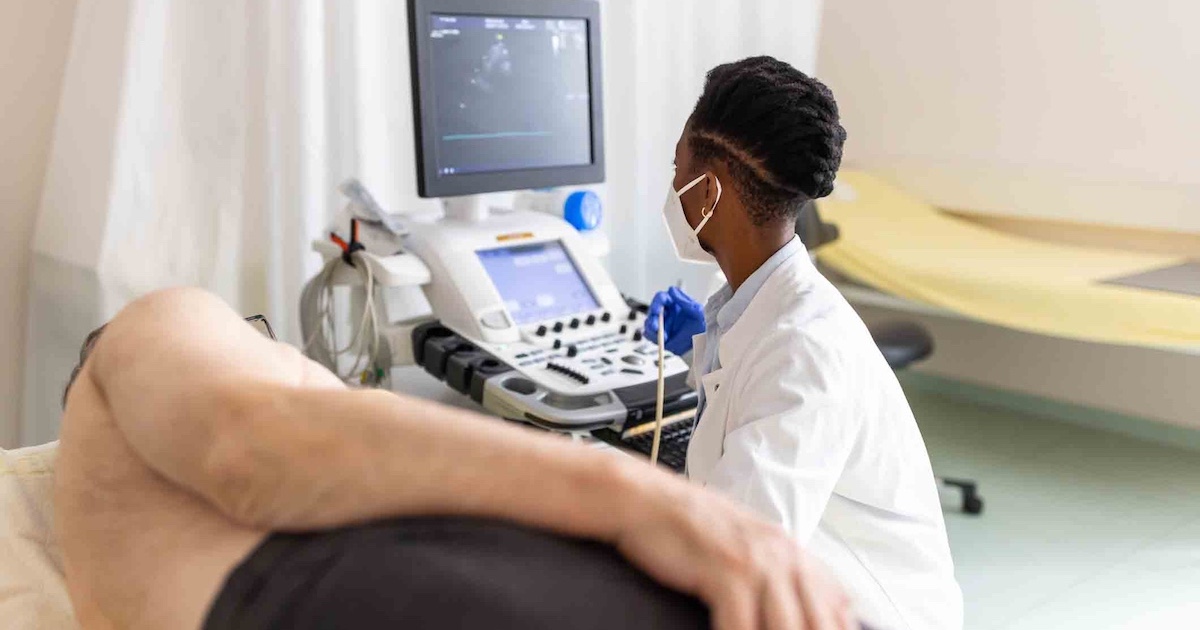The developers of a new mobile testing kit for "tracking health information at the molecular level" might be marketing this to consumers, but devices such as this have strong value for providers as well.
Cue, a San Diego-based startup, unveiled its product of the same name this past May. The 3-inch tall device takes a drop of saliva and analyzes it for five molecules: C-reactive protein (CRP) a marker for inflammation in response to stimulus like injury or chronic illness; Vitamin D; Luteinizing Hormone (LH), a marker for fertility; Influenza; and Testosterone. The tests take a few minutes, with results sent to the user's smartphone.
Ayub Khattak, Cue's co-founder and CEO, and Clint Sever, the company's co-founder and chief product officer, say the device gives consumers an opportunity to track vital lifestyle information whenever and wherever they want. Just as important, they say, it gives them information to use in communications with their doctors, resulting in a much more enriched and useful conversation.
"This is another layer of information that doctors don't have," Khattak says. "Yes, it's a consumer-based product, but this … facilitates that conversation (consumers) are going to be having with their doctors" after they take these tests.
[See also: How providers are harnessing mobile asthma apps.]
The key is to not only provide data that consumers will want, but data that their doctors will need. Many consumer-facing devices on the market these days track vital signs and other physiological information, but that information often gets in the doctor's way. Many, in fact, have said they don't want to know what's on their patient's activity tracker, wristband or watch.
"It empowers the physician far beyond what they have at their disposal," Sever added.
What Cue is doing differently is focusing on tests that matter not only to consumers, but their doctors – who would be scheduling these tests after an initial conversation with the patient anyway. Granted, these are five very specific tests that pertain to a particular segment of the overall population, but they point to an enhanced connection between the consumer and the provider – an intersection of the fast-growing consumer healthcare market and the provider market.
Khattak noted that many physicians are keeping an eye on the consumer space – think the massive CES annual conference – because they see "mHealth going in that direction." And while public interest has made the wearables market a hot commodity, it's slow to gain traction in provider circles, who want some control over the data they get.
"It's more specific, actionable information," said Sever, who added that physicians were brought in to help develop the Cue.
Sever said Cue is first and foremost a consumer-facing company because that's where the market is strongest. But by targeting data that physicians also want, Cue and other mobile health vendors are moving beyond the "natural progression" of giving consumers access to their own health information.
Constructing that kind of bridge between patient and physician ought to bring music to almost any doctor's ears.
Related articles:
FCC: 'Telemedicine, it's coming'
3 sensor startups collecting population health data
BYOD advice: Start simple, inlcude clinicians, and be nimble


